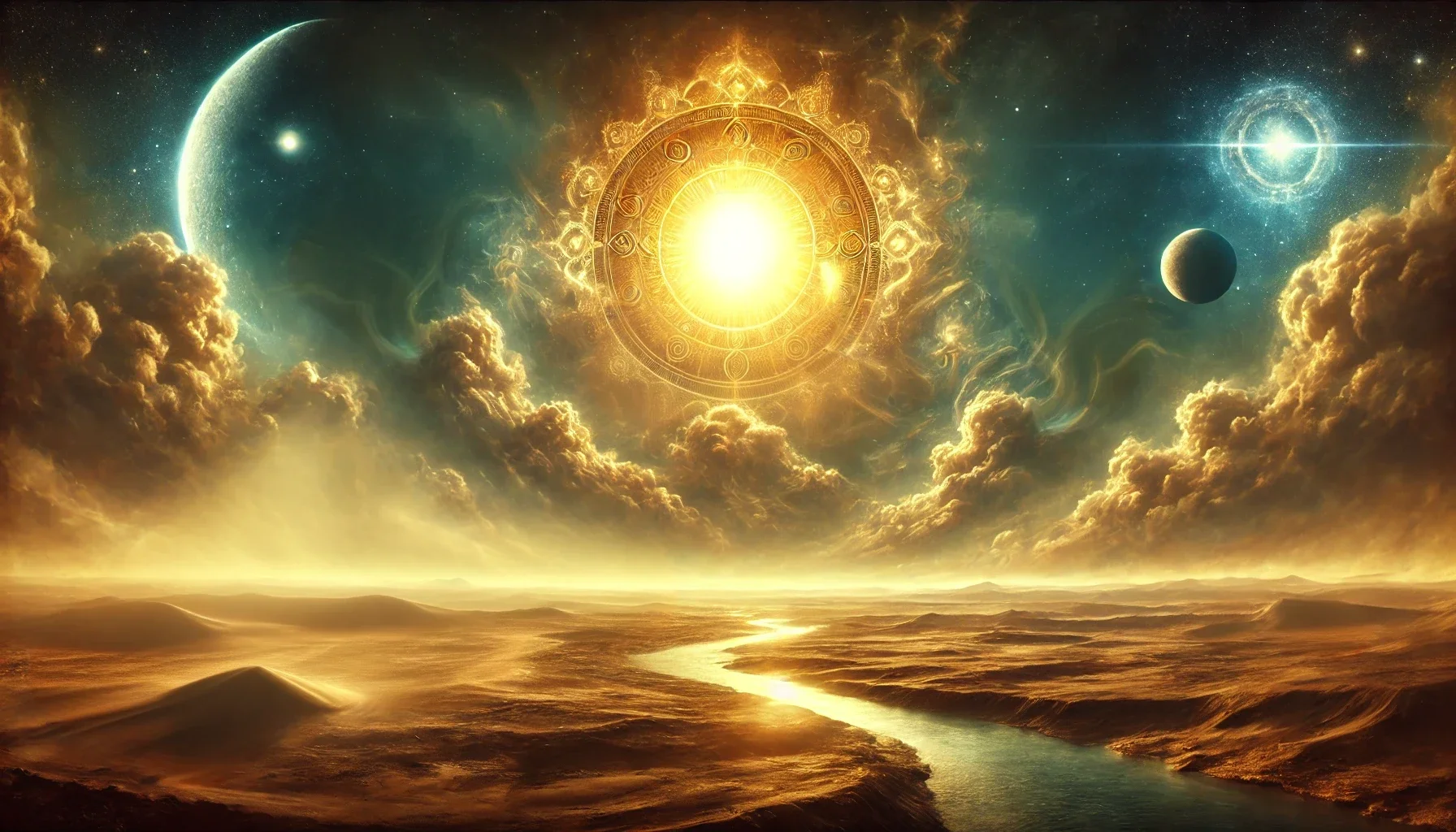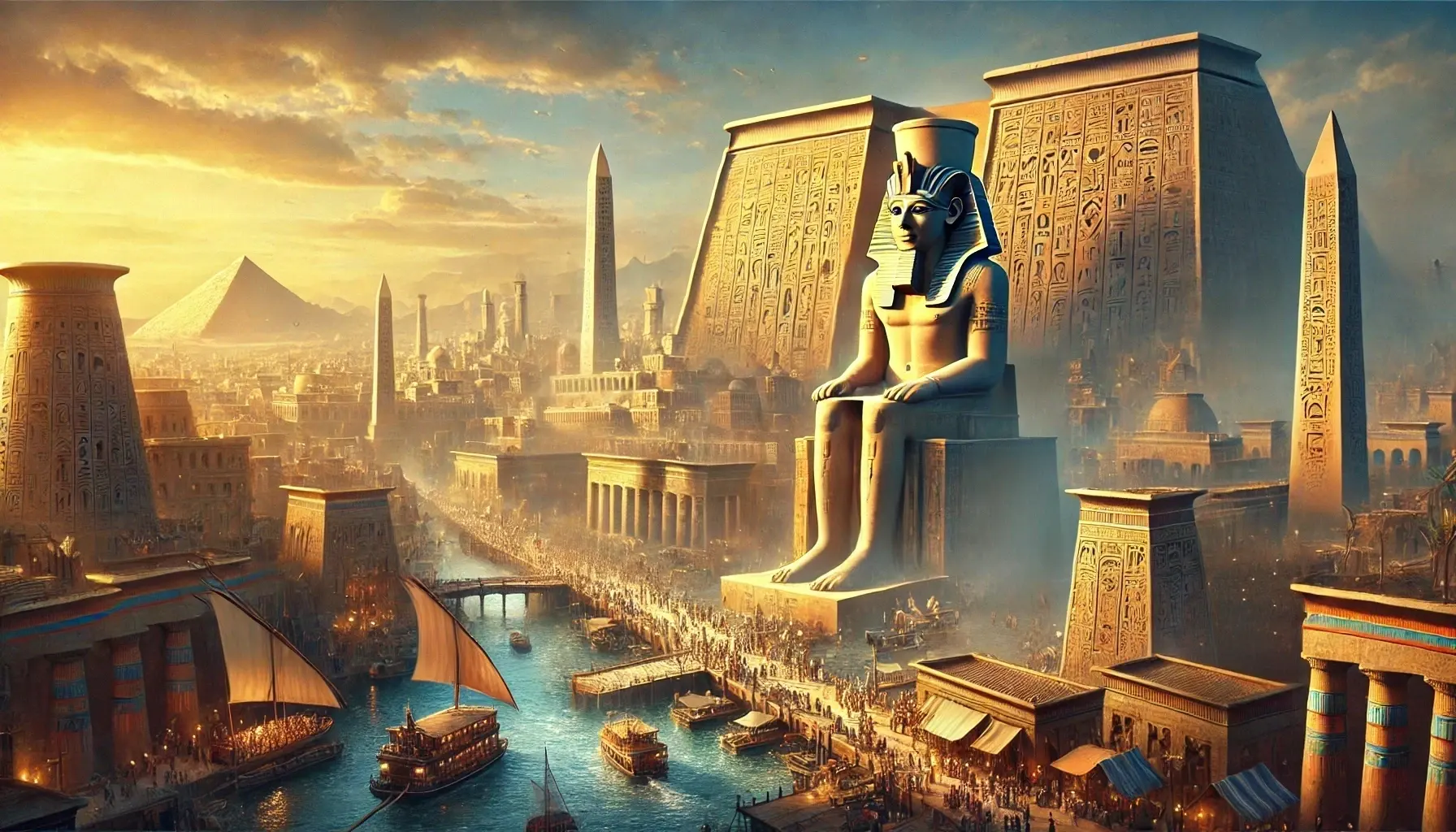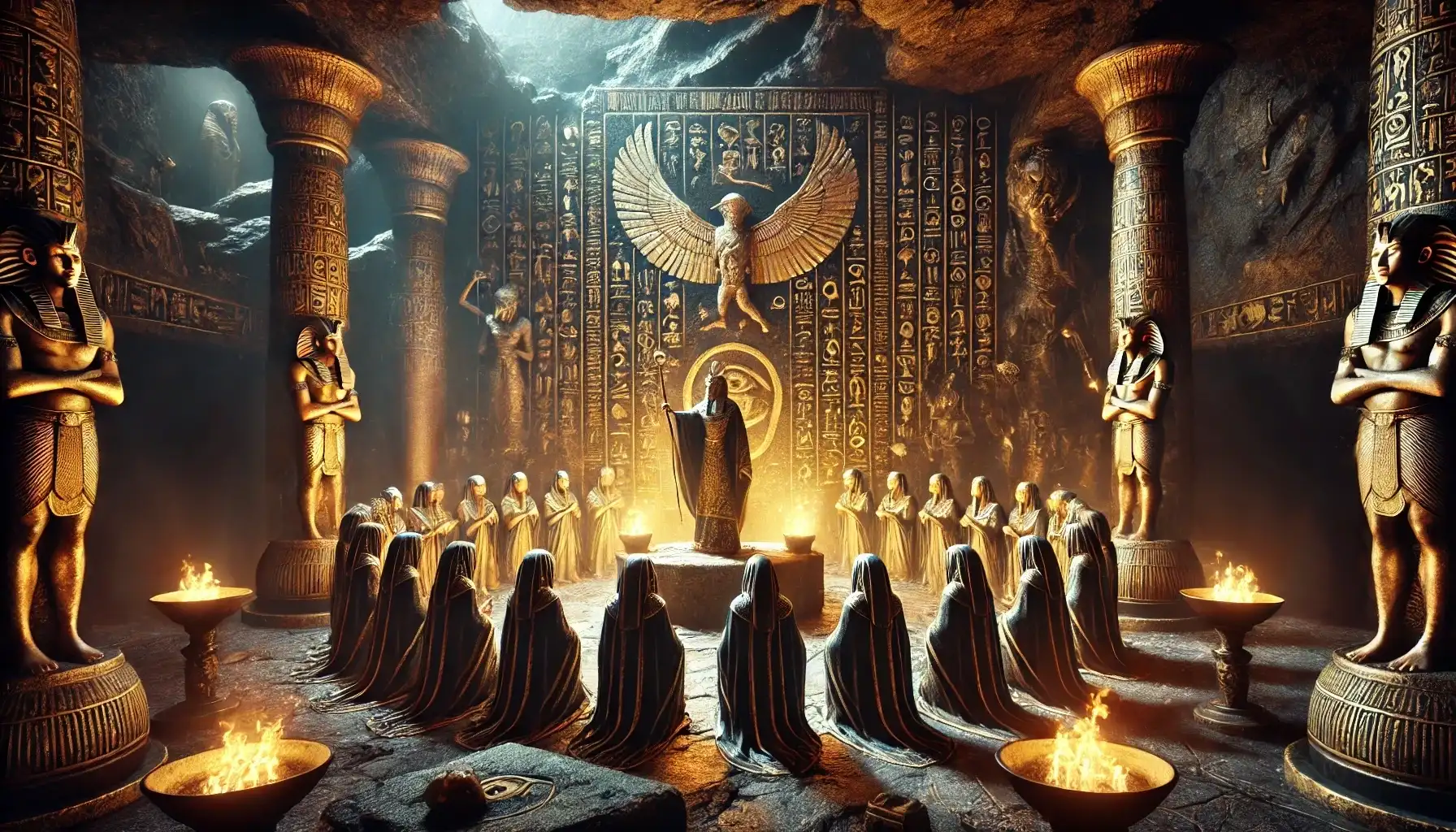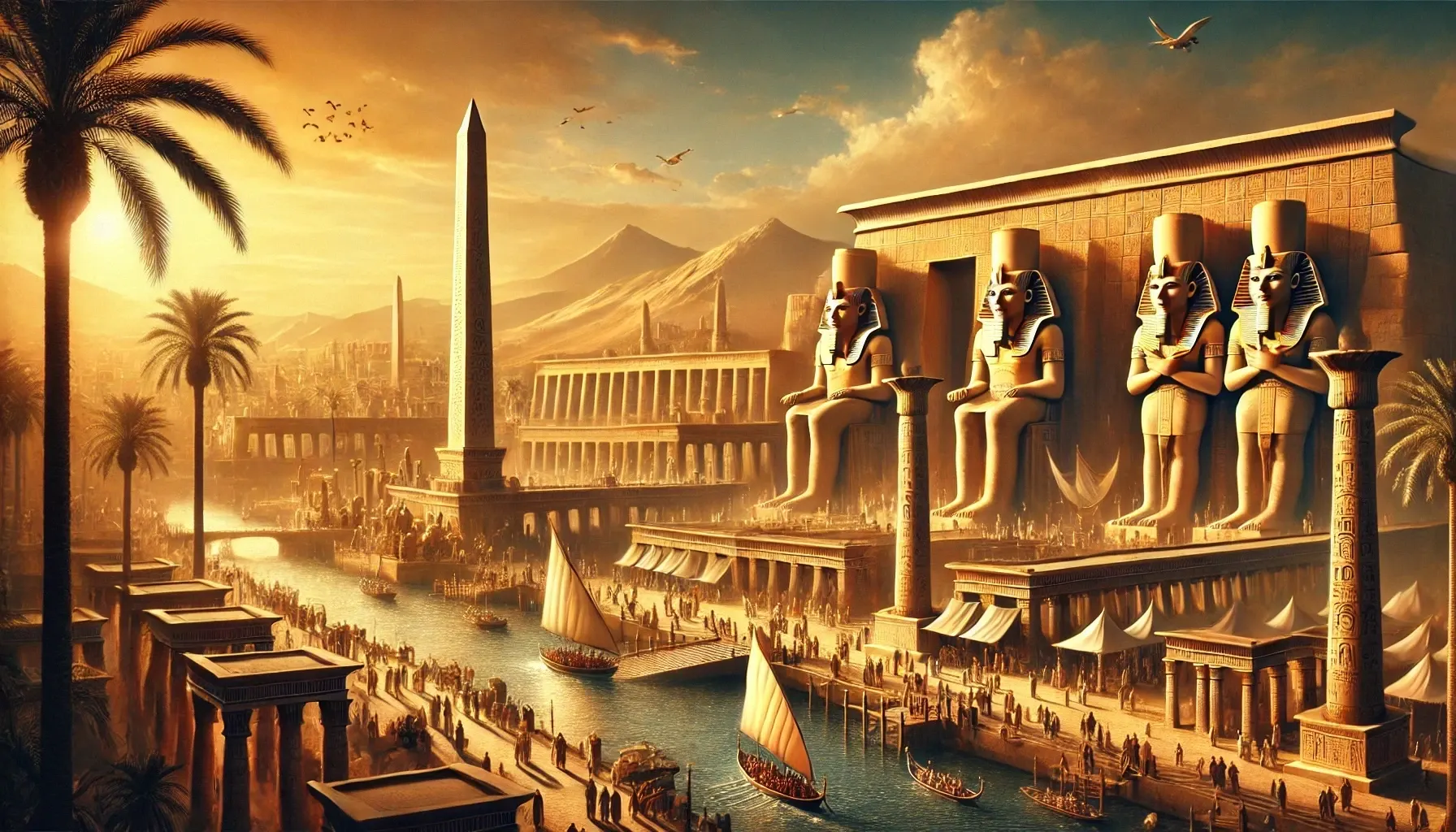Unveiling the Ancient Stories That Shaped a Civilization
Egyptian mythology is among the most fascinating and influential in human history. These ancient stories, deeply interwoven with the culture, religion, and daily life of ancient Egyptians, are as rich in symbolism as they are in mystery. Let’s delve into some of the oldest Egyptian myths that continue to intrigue scholars, historians, and mythology enthusiasts alike.
1. The Myth of Ra: The Sun God and Creator
One of the earliest and most significant myths in Egyptian culture is the story of Ra, the sun god. Ra was believed to be the creator of the world and the source of all life. Each day, Ra sailed across the sky in his solar barque, bringing light and life to the world. At night, he journeyed through the underworld, battling the serpent Apophis to ensure the sun’s rebirth each morning.
This myth not only explains the natural phenomenon of day and night but also symbolizes the eternal struggle between order (Ma’at) and chaos (Isfet).

2. The Ennead of Heliopolis: The Creation Myth
The Heliopolitan creation myth introduces the Ennead, a group of nine deities that form the core of ancient Egyptian theology. According to this myth, Atum, the self-created god, emerged from the primordial waters of Nun and stood on the first mound of earth. From Atum’s actions, the first pair of gods, Shu (air) and Tefnut (moisture), were born, followed by Geb (earth) and Nut (sky).
Geb and Nut gave birth to four children: Osiris, Isis, Seth, and Nephthys, who played pivotal roles in subsequent myths. This story not only outlines the origins of the universe but also establishes the divine lineage of the gods.

3. The Osiris Myth: Death, Resurrection, and Eternal Life
The myth of Osiris is among the most well-documented and significant in Egyptian mythology. Osiris, the god of the afterlife, was murdered by his jealous brother Seth, who dismembered his body and scattered the pieces across Egypt. Isis, Osiris’ devoted wife, gathered the pieces and used her magical powers to resurrect him.
Osiris’ resurrection made him the ruler of the underworld and a symbol of eternal life. This myth deeply influenced Egyptian funerary practices and the belief in an afterlife, showcasing themes of loyalty, justice, and renewal.
4. The Contendings of Horus and Seth
Following Osiris’ death, his son Horus sought to avenge him and claim the throne of Egypt. The epic battles between Horus and Seth represent the struggle between good and evil, order and chaos. These stories often depict Horus’ cunning and determination as he overcomes Seth’s treachery.
The resolution of this conflict, with Horus ascending as the rightful ruler, reinforces the legitimacy of pharaonic rule, as each Pharaoh was considered the living embodiment of Horus.
5. The Tale of the Destruction of Mankind
This myth highlights Ra’s anger with humanity when they plotted against him in his old age. To punish them, he sent the goddess Sekhmet, who transformed into a lioness and unleashed destruction. However, the gods tricked Sekhmet into drinking dyed beer, thinking it was blood, which calmed her wrath.
This story emphasizes the gods’ power over life and death and the importance of maintaining harmony to avoid divine wrath.
6. The Story of Isis and the Secret Name of Ra
Isis, known for her wisdom and magical prowess, sought to gain power over Ra by learning his secret name. She created a serpent from Ra’s saliva and clay, which bit him. To cure him, Isis demanded his true name, which Ra reluctantly revealed. This gave Isis unparalleled magical abilities.
This myth underscores Isis’ intelligence and resourcefulness, cementing her role as one of the most revered deities in Egyptian mythology.
Why These Myths Matter Today
The oldest Egyptian myths provide a window into the ancient world, revealing the values, fears, and aspirations of one of history’s most remarkable civilizations. They offer timeless lessons about life, death, and the eternal struggle between good and evil.
Explore More on TaleStone.com
For a deeper dive into the myths, gods, and monsters of ancient Egypt and other cultures, explore our extensive collection of articles on TaleStone.com. Whether you’re a mythology enthusiast or a history buff, our site brings the ancient world to life with engaging content and expert insights.



